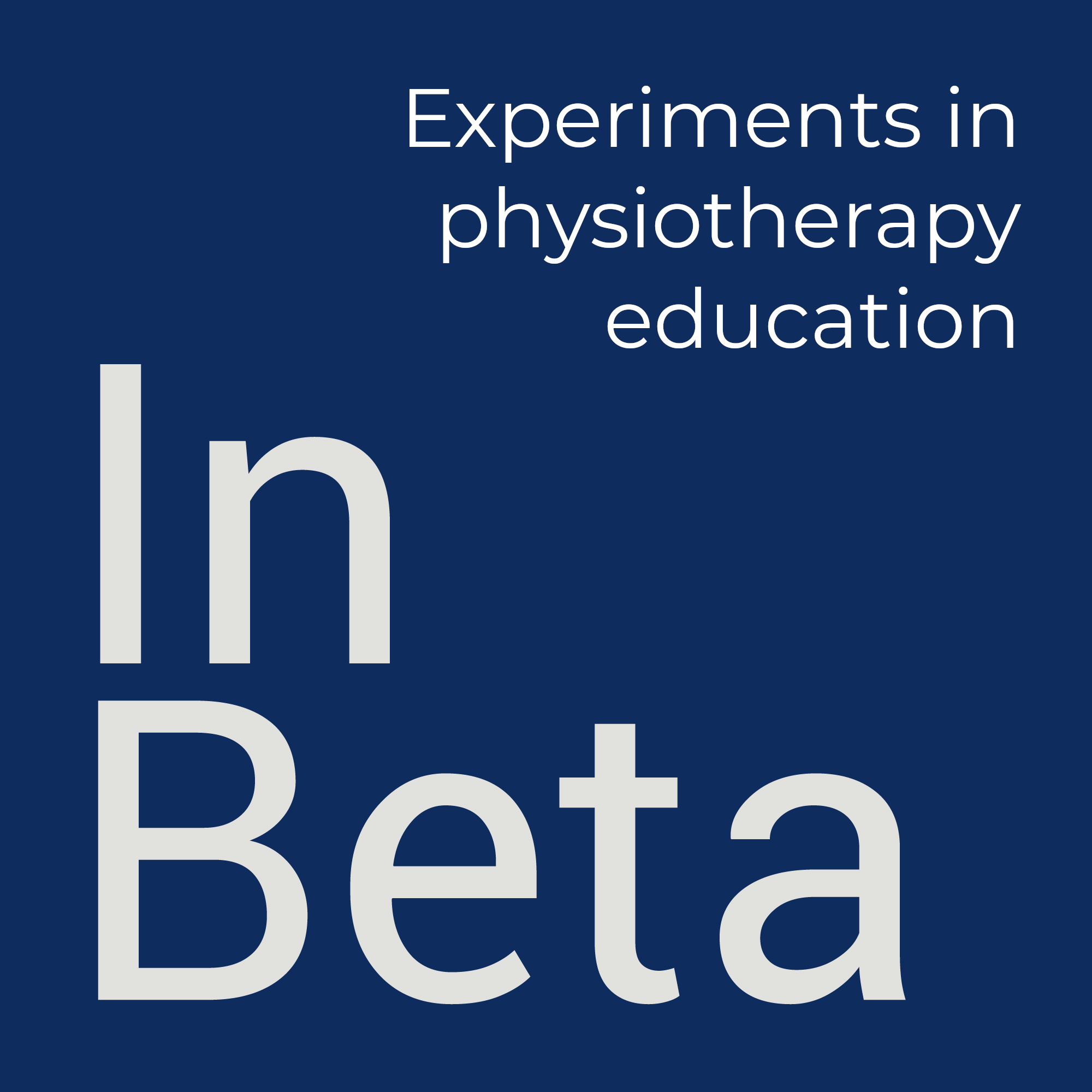OK, but what does one do with it? … Now that I have all this power – a mechanical golem that will never forget and never let me forget whatever I chose to – what do I choose to remember?
Gwern Branwen
Memorisation has become a bit of a dirty word in the scholarship of teaching, and yet, so much of what we need students to learn has to build on a foundation of ‘things that have been remembered’. We need students to have learned a basic set of facts about the profession and all the different contexts we need them to work in. In short, they need to remember a lot of information, before we can expect them to do anything with it.
As physiotherapy educators, we’re constantly seeking ways to enhance our students’ learning and retention of critical knowledge and skills. But what if we’ve been overlooking one of the most effective tools in our toolbox?
Podcast
Kane, J., & Mushtare, R. (n.d.). Retrieval Practice (No. 65).
Retrieval practice has consistently been shown to be important in developing long-term recall. Many students, however, resist the use of this practice. In this episode, Dr. Michelle Miller joins us to discuss methods of overcoming this resistance and examine how retrieval practice may be productively used to increase student learning.
Retrieval practice, simply put, is the act of recalling information from memory. It’s not just about passively reviewing notes or rereading textbooks; it’s about actively pulling knowledge from the depths of our minds. This process, while often challenging and uncomfortable for students, has been shown to significantly boost long-term retention and understanding. Retrieval practice helps forge the neural pathways that make rapid, accurate recall possible.
Article
Karpicke, J. D., & Blunt, J. R. (2011). Retrieval Practice Produces More Learning than Elaborative Studying with Concept Mapping. Science, 331(6018), 772–775.
Educators rely heavily on learning activities that encourage elaborative studying, whereas activities that require students to practice retrieving and reconstructing knowledge are used less frequently. Here, we show that practicing retrieval produces greater gains in meaningful learning than elaborative studying with concept mapping. The advantage of retrieval practice generalized across texts identical to those commonly found in science education. The advantage of retrieval practice was observed with test questions that assessed comprehension and required students to make inferences. The advantage of retrieval practice occurred even when the criterial test involved creating concept maps. Our findings support the theory that retrieval practice enhances learning by retrieval-specific mechanisms rather than by elaborative study processes. Retrieval practice is an effective tool to promote conceptual learning about science.
Resource
Anki is a program which makes remembering things easy. Because it’s a lot more efficient than traditional study methods, you can either greatly decrease your time spent studying, or greatly increase the amount you learn. Anyone who needs to remember things in their daily life can benefit from Anki. Since it is content-agnostic and supports images, audio, videos and scientific markup (via LaTeX), the possibilities are endless.
Features
- Synchronization: Use the free AnkiWeb synchronization service to keep your cards in sync across multiple devices.
- Flexibility: From card layout to review timing, Anki has a wealth of options for you to customize.
- Media-Rich: Embed audio clips, images, videos and scientific markup on your cards, with precise control over how it’s shown.
- Optimized: Anki will handle decks of 100,000+ cards with no problems.
- Fully Extensible: There are a large number of add-ons available.
- Open Source: Because the code and storage format is open, your important data is safe.
